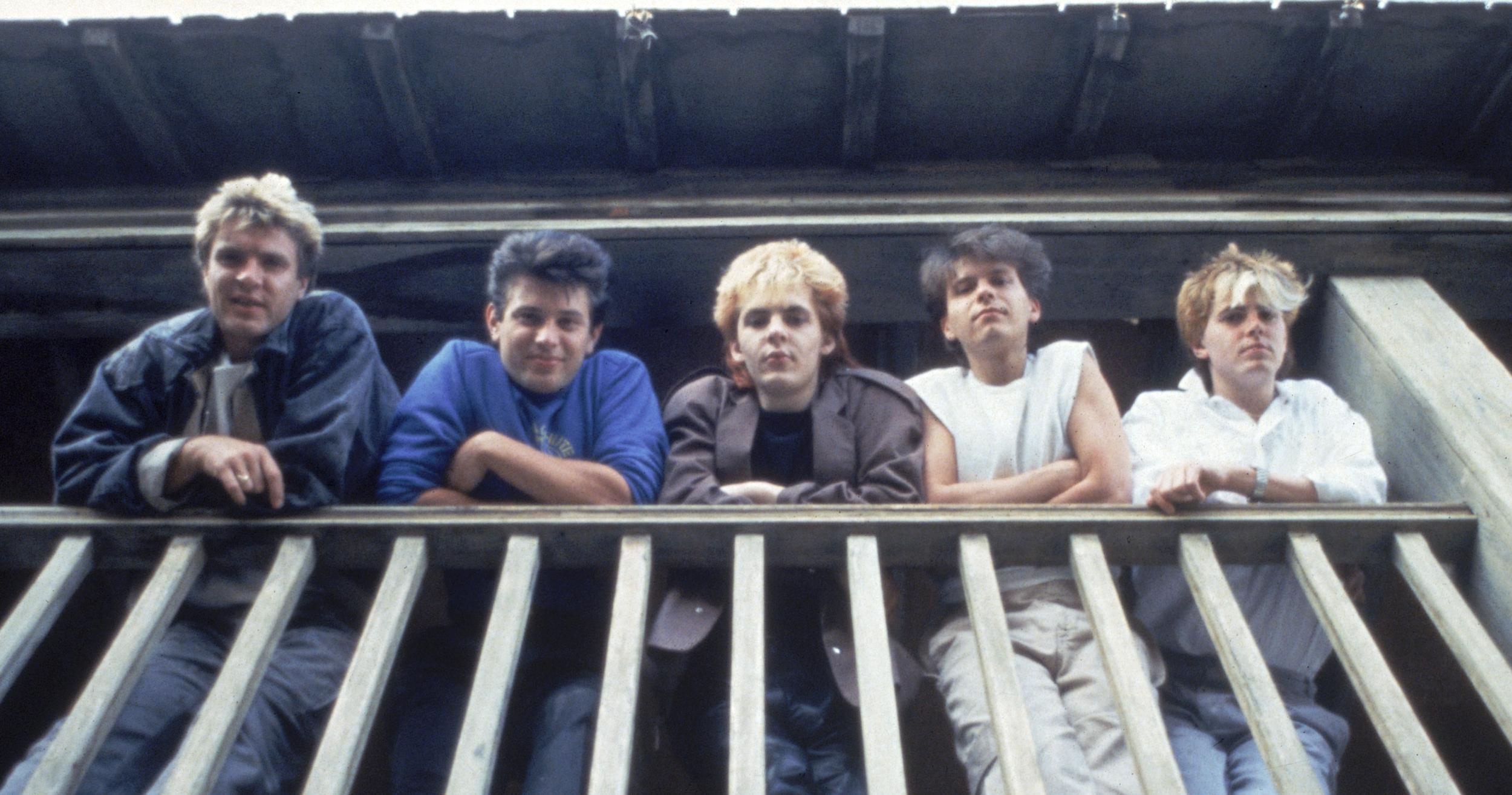Duran Duran lose High Court battle over US rights to some of their hit songs

Duran Duran members have lost a High Court battle over the US rights to some of their most famous songs.
Simon Le Bon and other members of the group had been arguing that US copyright laws gave them the right to call for a reversion of copyright after 35 years.
However lawyers for Gloucester Place Music Ltd successfully argued that English laws of contract prevented them from doing so.
They claimed that band members had breached music publishing agreements by serving notices to terminate the grant to the company of US copyrights in their first three albums: Duran Duran, Rio, and Seven and The Ragged Tiger, as well as their Bond theme 'A View To A Kill'.
The band released a string of hits including 'Hungry Like The Wolf' and 'Rio' after the release of their self-titled debut in 1981.
Under US law, songwriters have an 'inalienable right' to call for a reversion of copyright after 35 years. However Gloucester Place said the agreements with the Duran Duran members are governed by English laws of contracts.
The High Court ruling could prevent the pop group from seeking to claim back copyright in their first three albums.
The legal action was being viewed as a test case which could affect other UK songwriters who have signed similar agreements with publishing companies.
Join our commenting forum
Join thought-provoking conversations, follow other Independent readers and see their replies
Comments
Bookmark popover
Removed from bookmarks